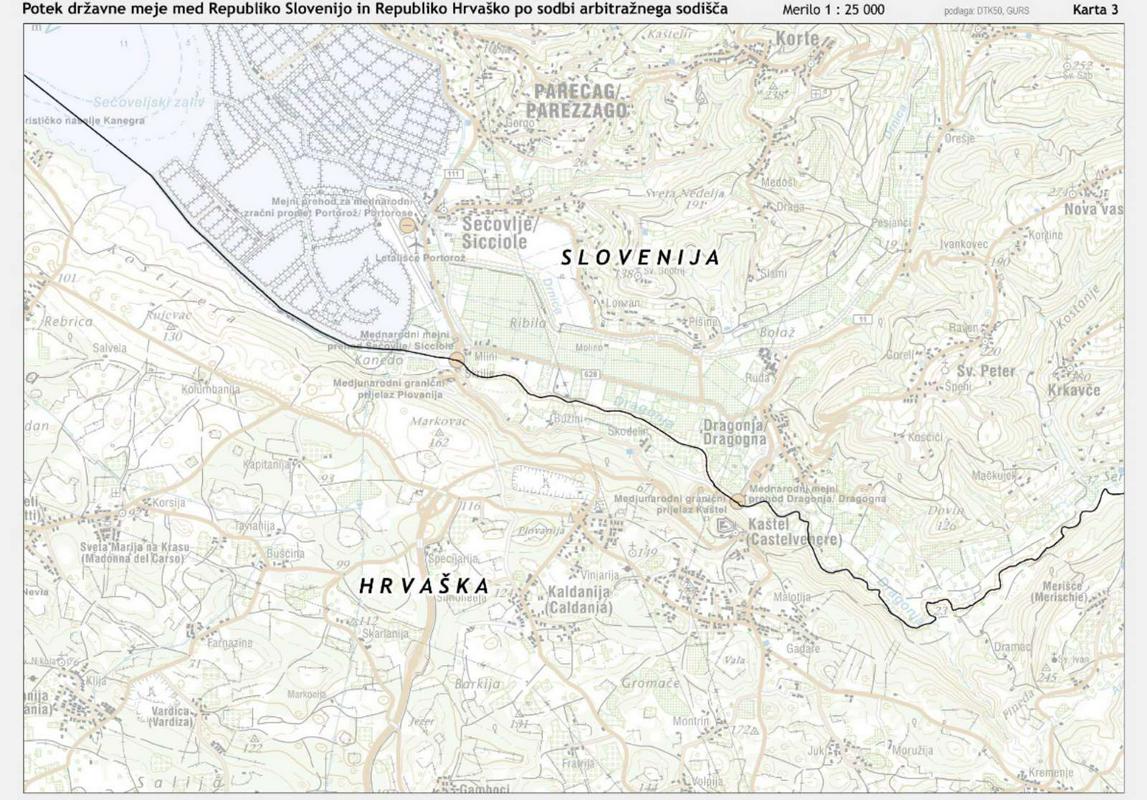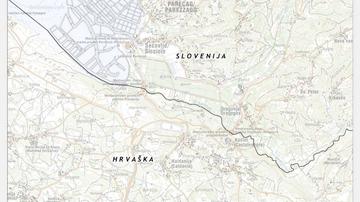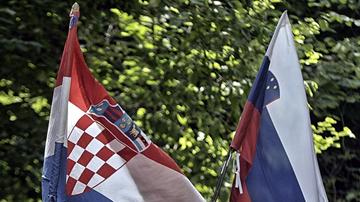
The coalition deems this move to be the beginning of the implementation of the arbitration decision, which needs to be completed by the deadline, by the 29th of December. But the question remains of how to convince Croatia to actually discuss the arbitration decision.
Ministers have eight laws on the table, by which Slovenia follows the decisions recorded in the arbitration decision on the border with Croatia. The laws include the redefining of the state border, the recording of real estate and the defining of sea fisheries. There is also an emergency bill, which will provide help for people living on the border, who will be affected by the arbitration decision.
The government is promising that those inhabitants who live in the border area will keep all of the rights they enjoyed before the arbitration decision regarding all areas of life – rights on subsidies, education, social transfers and health insurance. Slovene citizens will continue to enjoy permanent residency in Slovenia, which will automatically ensure that they keep the above-mentioned rights. Health insurance will be regulated in a similar way. A proposed law defines the rights and duties of citizens living in the border area regarding the renewal of documents and motor vehicle registration. All these procedures will supposedly be tax-free and Slovenia will refund all costs incurred in Croatia.
The emergency bill covers the legalisation of buildings which are now located in Slovenia, but which had their building permit issued in Croatia. The law says that companies and private entrepreneurs with their headquarters in Croatia will have to legitimise their status in Slovenia within a year, by establishing branches. Eligibility to some rights will be automatic, while for other rights, people in the border area will have to deliver correct documentation to the competent authorities.





























































